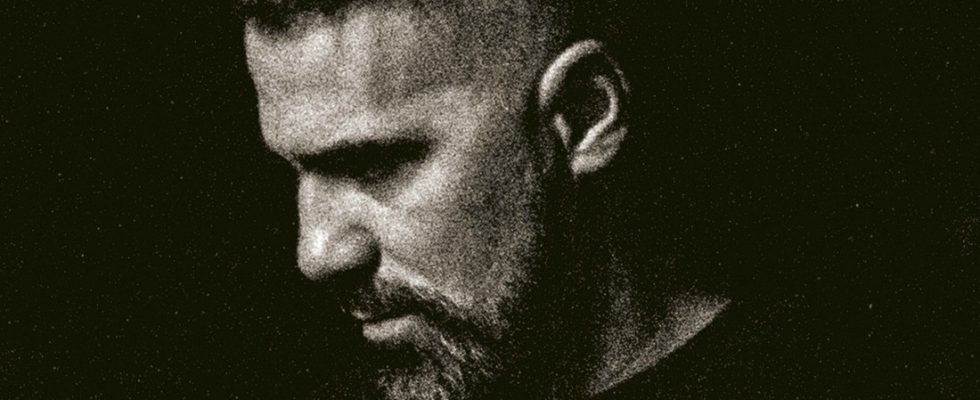Anis Mohamed Youssef Ferchichi has said more than once that his alias Bushido is a fictional character. The rapper put it more poetically. For example, he told Günther Jauch when he was once again on Liebkind on television: This gangster outfit hangs like “a carnival costume in the closet. Sometimes I take it out, put it on and then I party.”
Everyone wanted to believe it, opened their mouths, clenched their fists and celebrated. Especially now when Bushido gives concerts again after an eight-year break. On the “King Forever” tour. Five additional concerts were quickly scheduled, including in the Munich Olympic Hall.
So “Aggro Berlin” was carnival. This movement, brand and money machine since the beginning of the noughties around Bushido, Sido, Fler and the other ruffians, which degraded everything that came before in German hip-hop to the old school of clowns performing arts. And Bushido played the new samurai of the gutter. In the quote encyclopedia “Can you hear us – an oral history of German rap,” says Stephan Bazillius, long-time editor-in-chief of the hip-hop bible Juice: “Bushido is undisputedly the biggest pop star that German rap has ever had.” Never again has the genre produced “a person who is so charismatic and at the same time so controversial that everyone had to have an attitude towards it.”
So it was all about attitude, and that could and should be a deterrent, just like the evil, brutal, cold aggro sound that went with it. This created great potential for identification and made hip-hop the leading youth culture in Germany too. Not all fans could distinguish between play and seriousness. And neither do the artists.
With Bushido it went back and forth and into each other: In “Milestone” albums like “Vom Bordstein bis zur Skyline” the German-Tunisian “King of Kingsz” fantasized about the rise of his alter ego Sonny Black from the ghetto. He ended up on major labels, in the Benz in a video with Karel Gott (“Forever Young”), as “Best German Act” on MTV and in the film by Bernd Eichinger, in which Moritz Bleibtreu played him. At “Rock am Ring” disappointed original fans threw change at him.
In the most frequently indexed texts, Bushido insulted women (“hookers”), homosexuals or Jews; in talk shows, Ferchichi asserted that he was not a Jew, gay or misogynist. But he was a criminal. He was convicted by the courts for libel, tax fraud and more.
Then he felt like a victim. He had gotten too close to the really bad guys. In a trial marathon exploited in the media, podcasts and films, he accused his ex-business partner Arafat Abou-Chaker of deprivation of liberty, blackmail and grievous bodily harm under police and witness protection in a high-security hall. After three and a half years of negotiations, the court almost acquitted the clan boss.
Bushido, who lives with his wife in Dubai, appears worn down. But he wants to celebrate again: “I have always loved playing live for my fans. In recent years this has not been possible due to many challenges in our lives,” he writes. He now wants to say goodbye to the fans on a lap of honor – with new songs and a new season of the Bushidoku “Alles auf Familie” (on RTL+, which also streams the opening concert in Berlin on March 21st) – and then wears the gangster costume on Hang nail.
Bushido, Munich, Olympiahalle, Saturday, March 23rd, Tuesday, April 26th

